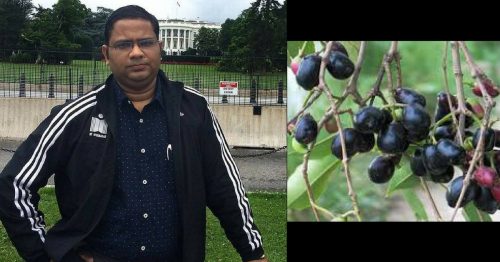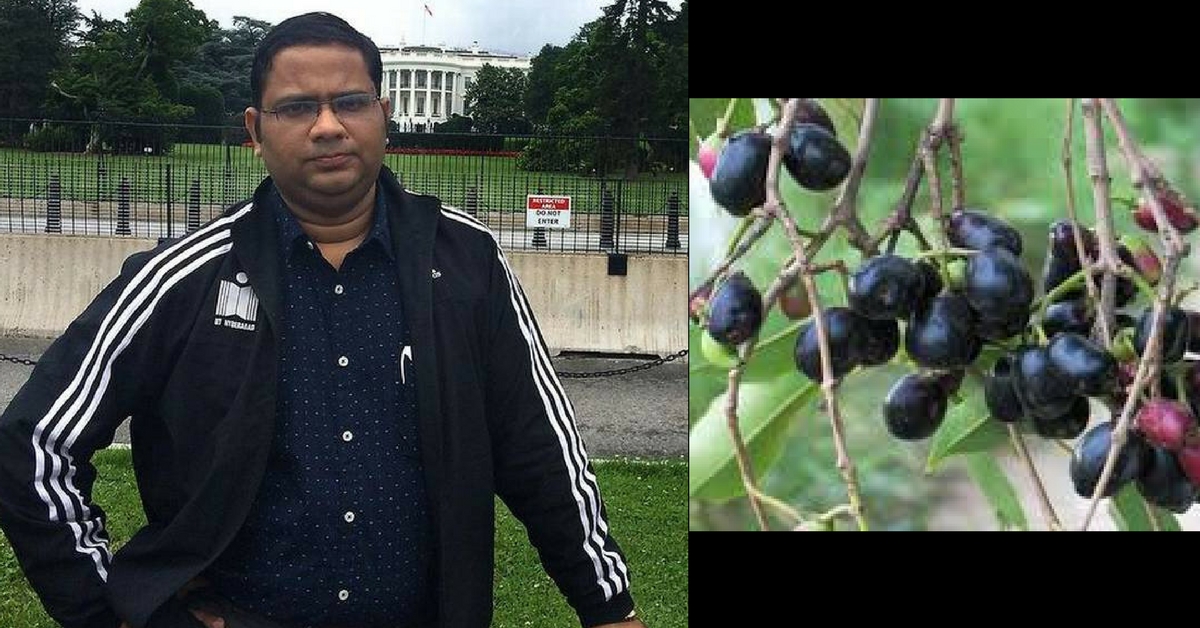The controlled addition of fluoride to a public water supply is necessary to reduce tooth decay. Groundwater must ideally contain fluoride at a level that that prevents cavities; this can occur naturally or by adding fluoride.
However, several World Health Organisation studies have cautioned against high levels of fluoride in drinking water at 1.5 mg per litre or above.
Results have shown excessive quantities of the mineral can cause harmful consequences, ranging from mild irritation to crippling skeletal diseases.
High levels of 10 mg per litre or above lead to skeletal fluorosis, which causes painful damage to bones and joints.
What’s worrying is that more than half of all Indian States have high fluoride contamination in its groundwater. Rajasthan tops the affected states, Telangana comes second, and Karnataka takes the number three spot.
While there are some state initiatives in place to curb the excess of fluoride in the water, researchers at the Indian Institute of Technology-Hyderabad (IIT-H) have developed a Jamun (black plum) seed-based ‘activated carbon’ to remove fluoride to the levels considered acceptable by the WHO.

The Jamun tree is grown all over the country and the fruits ripen around the onset of the monsoons. The abundance of the fruit aids its ability to solve this problem.
The project is driven by Professor Chandra Shekar Sharma and a team at IIT Hyderabad. The group usually works on bio-waste products and their utility in environmental solutions.
For the last year and a half, they conducted a series of experiments and then realised the potential of this fruit that is found in plenty all over the country!
“Natural materials are a good source of carbon. One such material we identified after trying out neem and coconut shells was the Jamun seed. It was not by chance, but after a series of steps,” says Professor Sharma.
Traditionally, aluminium has been used as an adsorbent for fluorides, but the problem with using a chemical is it can adversely react with the water too.
“We found that the Jamun seed-derived carbon was much better when compared to other biomass-derived carbons which were reported in earlier experiments, ” explained Prof. Sharma.
You may also like: Time to Drink Your Recycled Water! This Bengaluru Firm Will Make It Happen!
The seed and carbon were later tested on groundwater samples collected from one of the worst fluoride-affected areas in the country, Nalgonda district in Telangana.
After the treatment, the fluoride concentration reduced to the acceptable limit of WHO (less than 1.5 mg/l).
Commercialisation of the experiment has a long way to go, but the team believes if more resources are invested into the study of Jamun seeds to tackle groundwater contamination, then the country will have safer water to drink!
Like this story? Or have something to share?
Write to us: contact@thebetterindia.com
Connect with us on Facebook and Twitter.
NEW: Click here to get positive news on WhatsApp!
If you found our stories insightful, informative, or even just enjoyable, we invite you to consider making a voluntary payment to support the work we do at The Better India. Your contribution helps us continue producing quality content that educates, inspires, and drives positive change.
Choose one of the payment options below for your contribution-
By paying for the stories you value, you directly contribute to sustaining our efforts focused on making a difference in the world. Together, let's ensure that impactful stories continue to be told and shared, enriching lives and communities alike.
Thank you for your support. Here are some frequently asked questions you might find helpful to know why you are contributing?

